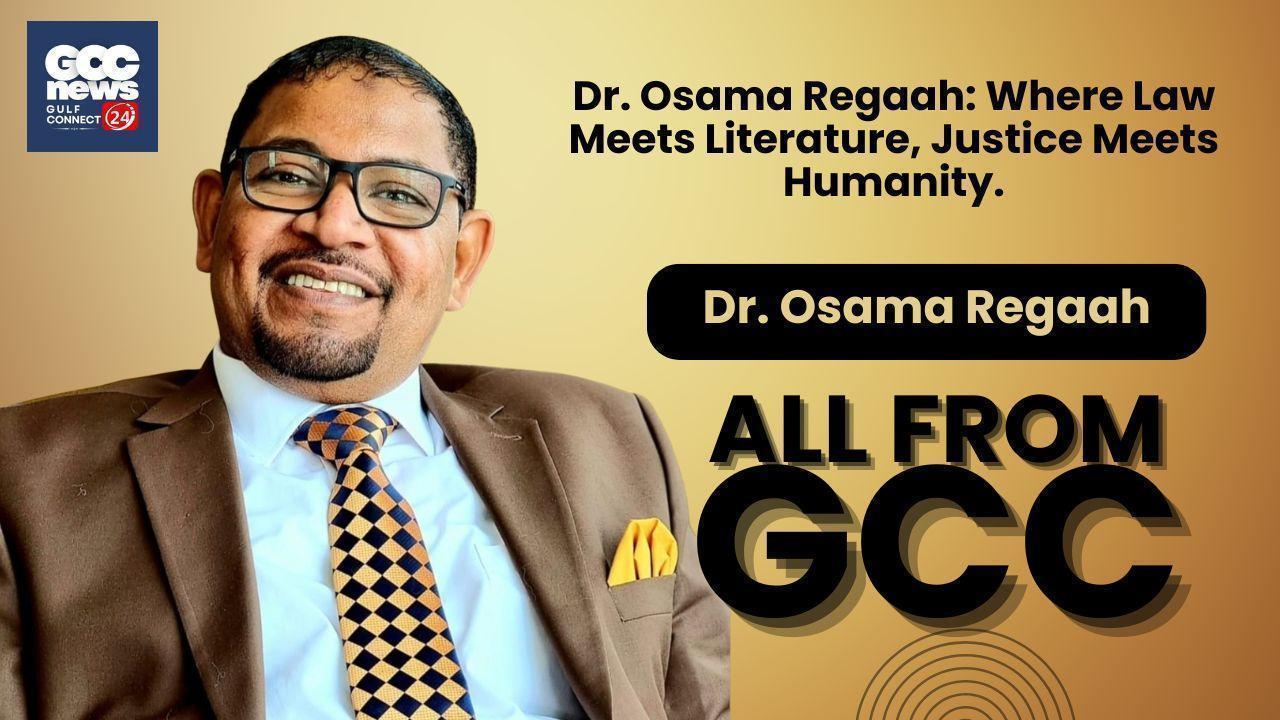
Post by :
In the modern world, most careers are built on straight lines. Lawyers argue in courtrooms, writers tell stories, activists fight for causes. Each path has its own discipline, its own recognition, its own limits. But sometimes a life appears that does not fit into these neat categories, a life that weaves together professions and passions until the lines disappear. Osama Regaah is one such figure.
To some, he is a lawyer. To others, he is a novelist. To many, he is a humanitarian. But in truth, he is all of these at once, and in being so, he has created a life that shows the extraordinary power of words. In court, his words become a shield for the vulnerable. On the page, they become a song for the silenced. Whether through law or literature, his mission has always been the same — to give voice to those who cannot speak for themselves, and to transform suffering into dignity.
For Osama, law and literature are not separate callings. He describes them as “companions on the journey, like a river and its banks — neither has meaning without the other.” The law gave him clarity, discipline, and structure. Literature gave him imagination, empathy, and freedom. Together, they gave him purpose. When he enters a courtroom, the lawyer in him speaks with precision, but the writer listens to the silences between words. When he writes a book, the storyteller shines, but the lawyer ensures each sentence carries responsibility. In his life, these two worlds do not compete — they complete one another.
This rare fusion has defined his work. He has never been content to practice law as bureaucracy or write literature as entertainment. Instead, he uses both as tools of service. In his hands, law is not a system of papers and procedures but a living instrument that restores dignity. Literature is not a distraction from reality but a deeper mirror that reveals it more clearly. Through both, he builds bridges — between rationality and imagination, between the individual and society, between what is legal and what is truly human.
His philosophy of law is disarmingly simple, yet profoundly powerful: “The law should be a shield, not a sword.” He has seen too often how legal systems can be twisted into weapons, used not to protect the weak but to exploit them. For him, such realities were never a reason to turn cynical. They were a reason to act. He created a charity platform to connect vulnerable people with volunteer lawyers, giving the powerless access to defense and advocacy. For abandoned women standing alone in court, for families too poor to fight for their rights, for migrants who faced injustice without representation, this platform became more than help — it became hope.
His belief is direct and humane: “When justice is sold, it becomes a commodity; when it is given, it becomes a value. The oppressed needs justice even before they need bread.” These words reveal his conviction that dignity comes before survival. Without justice, bread fills the stomach but leaves the soul hungry. By insisting on this truth, he reminds us that law is not simply about winning cases. It is about restoring balance, protecting the vulnerable, and healing wounds that are deeper than the physical.
Every case he touches carries this weight. He does not ask only whether statutes have been applied correctly or precedents followed. He asks: Was humanity upheld? Behind each legal file, he sees a life. Behind every ruling, a family’s future. It is this perspective that makes his work not just legal practice, but service in its truest sense.
If law is his shield, then literature is his song. Osama does not write to escape reality, but to reveal it more deeply. His novels, essays, and travel works are filled with the faces of people he has met: women left to fight battles alone, families too poor to hire a lawyer, strangers carrying stories the world might never hear. Through literature, he gives these people a second voice, one that rises above the walls of courtrooms and enters the hearts of readers.
“In law, a woman without support is often the weakest link,” he explains. “Literature gives me the means to grant her the strength of words.” His characters are not inventions of imagination alone. They are reflections of people whose pain he has seen, refracted through empathy into art. This is not empathy from a distance. It is born of lived experience. Growing up close to hardship, he saw how poverty silences voices and bends dreams. He saw in the eyes of the poor stories worthy of telling. And so, he made a vow — if they could not speak, he would speak for them.
Among his many works, one stands out as both a literary achievement and a personal journey: Transparent Ghost. In this novel, he dares to merge the sharp, profit-driven present of the corporate world with the timeless echoes of myth, exploring death, the afterlife, and divine justice. It is not a book of answers but of questions. “Every sentence was a question I first posed to myself before offering it to the reader,” he says. That intimacy gives the novel its power. It is mystical yet grounded, philosophical yet practical, ancient yet urgently relevant.
Even in his travel writing, landscapes become more than descriptions. Cities, streets, and mountains transform into mirrors of the self. “Every city I visit leaves an imprint on my soul, and each imprint leads me to a part of myself I had not known,” he reflects. For him, journeys are less about crossing borders than about discovering inner ones. Geography becomes psychology. The outer world becomes an inner map. His writing reminds us that travel is not measured only in miles, but in revelations.
It is this ability to turn the personal into the universal that has carried his work across borders. His books have been published in Egypt, Jordan, Turkey, Morocco, Sudan, and Iran, and translated into Persian, Turkish, Amharic, and English. Readers from different countries and cultures have found themselves in his words. He believes this reach is not because of literary style alone, but because of universality. “Humanity is the language that needs no translation. Pain, hope, love, and dreams… these are concepts every human being is born with.” His literature crosses borders because the human condition itself is borderless.
Recognition has followed him, though he does not dwell on it. He has received the Golden Book Award, the International Excellency Award, and an Honorary Doctorate in Creativity. At these moments of recognition, the name Dr. Osama Regaah carries its weight — signaling both formal acknowledgment and professional respect. Yet even then, he treats these as milestones, not destinations. “Awards are beautiful,” he admits, “but to change a soul — that is the real glory.” For him, the real measure of success lies not in trophies but in transformations, not in applause but in the quiet shift of a heart touched by his words.
In an era when visibility is often mistaken for value, Osama stands apart. He does not chase the spotlight. He does not crave the fleeting glow of fame. “The spotlight fades quickly,” he says, “but the impact endures.” His ambition is not to be everywhere, but to leave something that lasts. His greatest fear is not obscurity, but meaninglessness. “The fear of dying before I had truly lived, and of failing to serve humanity. The soul was created to soar, not to bow.” It is this conviction that fuels his tireless work, both as a lawyer and as a writer. Whether standing before a judge or seated before a blank page, he treats both as acts of healing — for individuals, for communities, and, perhaps, for himself.
If his life were to be written as a book, he already knows the title: The One Who Walked on the Edge of Light. It is not just poetic flourish but a fitting metaphor for his journey. “Throughout my life, I have walked between the possible and the impossible, between dream and reality, without falling into the darkness,” he reflects. His career has always been a balancing act — between justice and mercy, imagination and pragmatism, ambition and humility. These tensions do not weaken him. They define him. It is on that narrow edge, between contrasts, that he has found his truest voice.
Osama Regaah is more than the sum of his titles. He is a man who chose to bridge worlds: the courtroom and the page, the rational and the poetic, the pragmatic and the hopeful. His life reminds us that words, when wielded with conviction, can be both instruments of justice and expressions of beauty. At a time when societies chase headlines and instant recognition, his story offers a different lesson: the deepest value of a life lies not in how brightly it shines for a moment, but in how deeply it endures in memory.
In his world, law bends toward compassion and literature bends toward truth. Together, they form not just a career, but a calling. Not just achievements, but meaning. And his mission is far from finished. As long as injustice exists and untold stories remain, Dr. Osama Regaah will continue to serve, to write, and to walk — always on that edge of light, where words become both justice and beauty.
Disclaimer – GCCNews24
This article is part of GCCNews24’s All of Gulf editorial series, highlighting individuals whose journeys of courage and contribution reflect the spirit of the region. The views and experiences shared are based on the individual’s personal story and perspective.
#trending #latest #DrOsamaRegaah #LawAndLiterature #JusticeWithCompassion #VoicesForTheVoiceless #HealingWithWords #HumanityInJustice #EdgeOfLight #GCCNews24 #InspiringLives #LegacyOfJustice





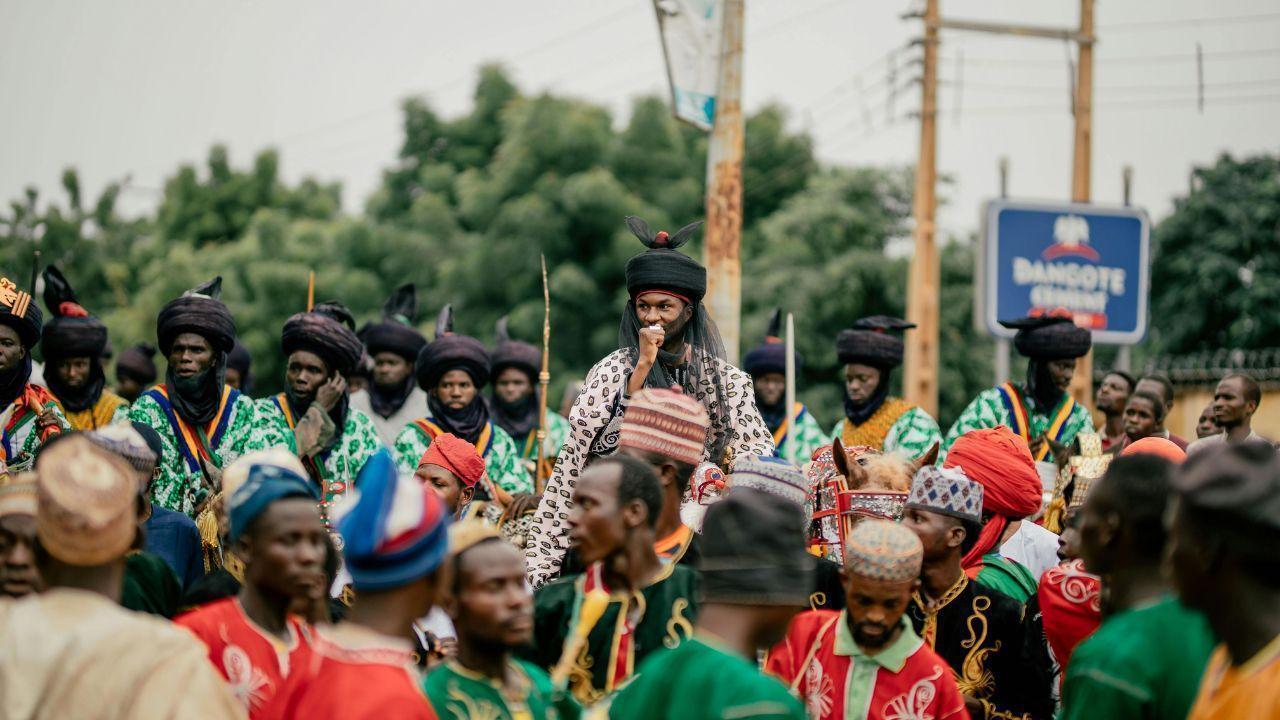

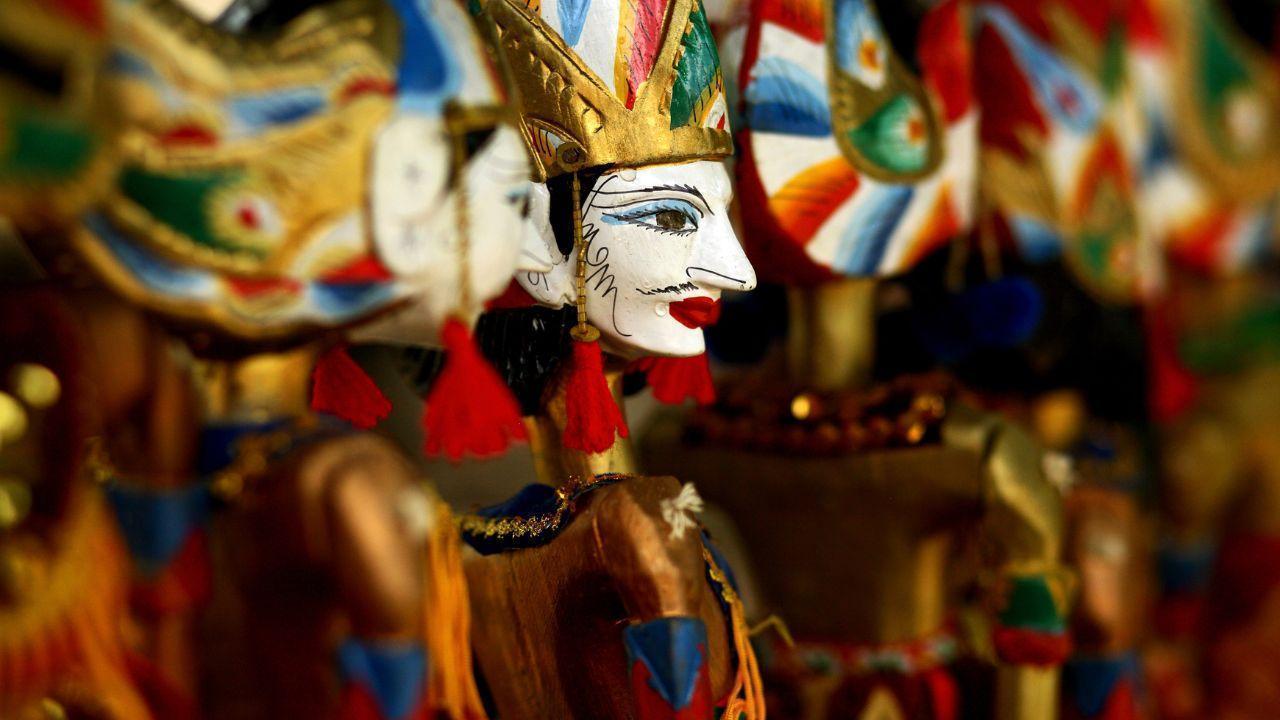
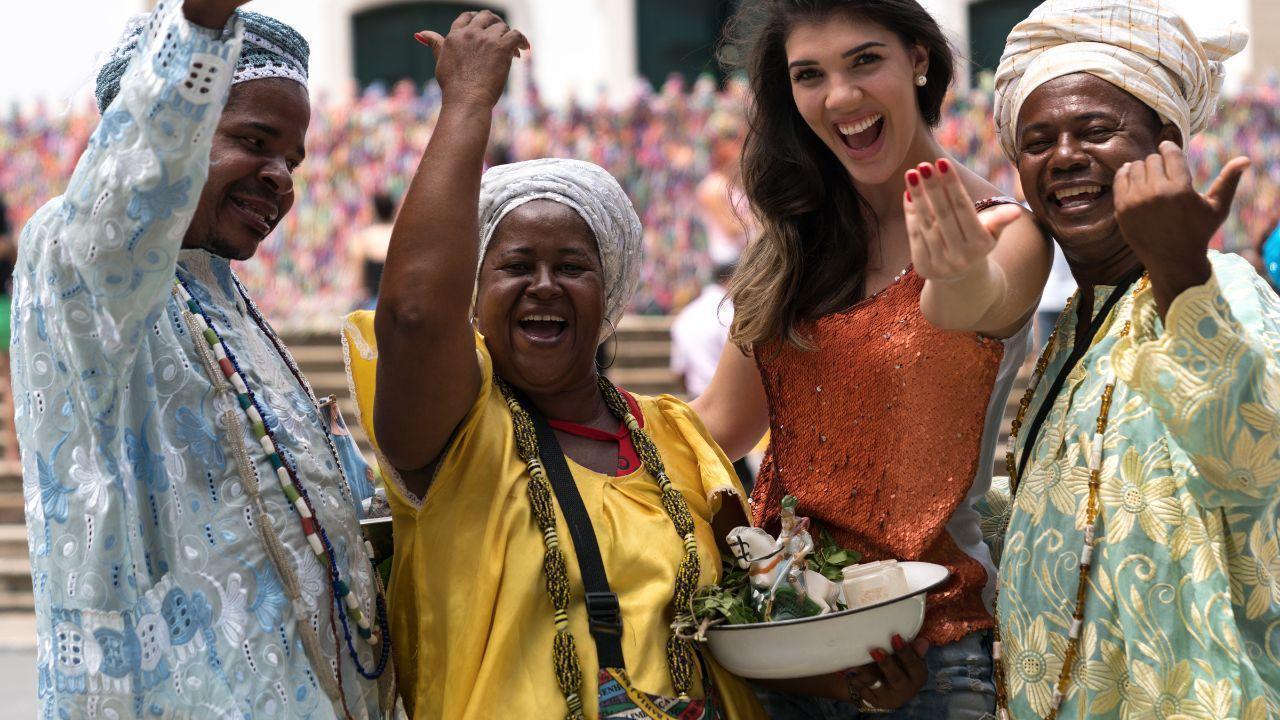
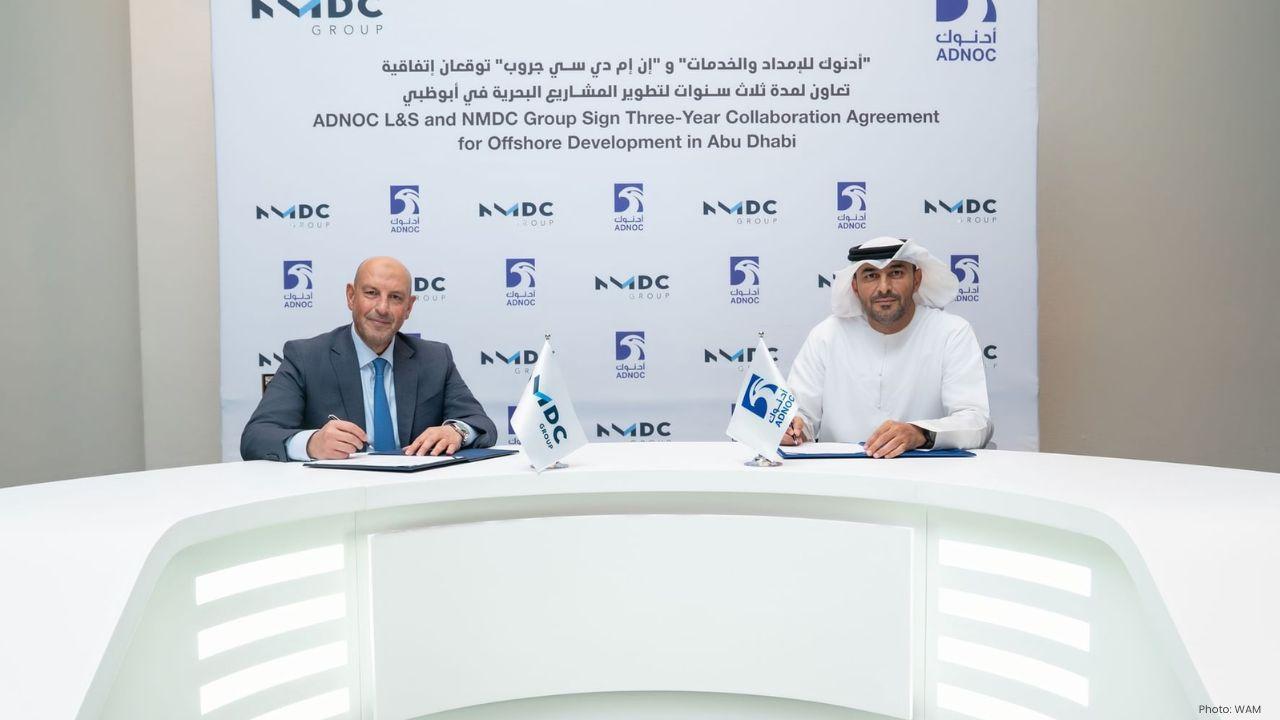
NMDC Group And ADNOC L&S Sign Three-Year Deal For Offshore Work
NMDC Group and ADNOC Logistics & Services sign a three-year deal to deliver maritime services for of

Six Miners Trapped After Earthquake Hits Coal Mine In China
A mining-related earthquake struck a coal mine in Heilongjiang, China, trapping six miners undergrou

Train Collides With Bus In Mexico Killing 10 And Injuring Many
At least 10 dead and 41 injured after a train hit a bus at a rail crossing in Mexico. Authorities co
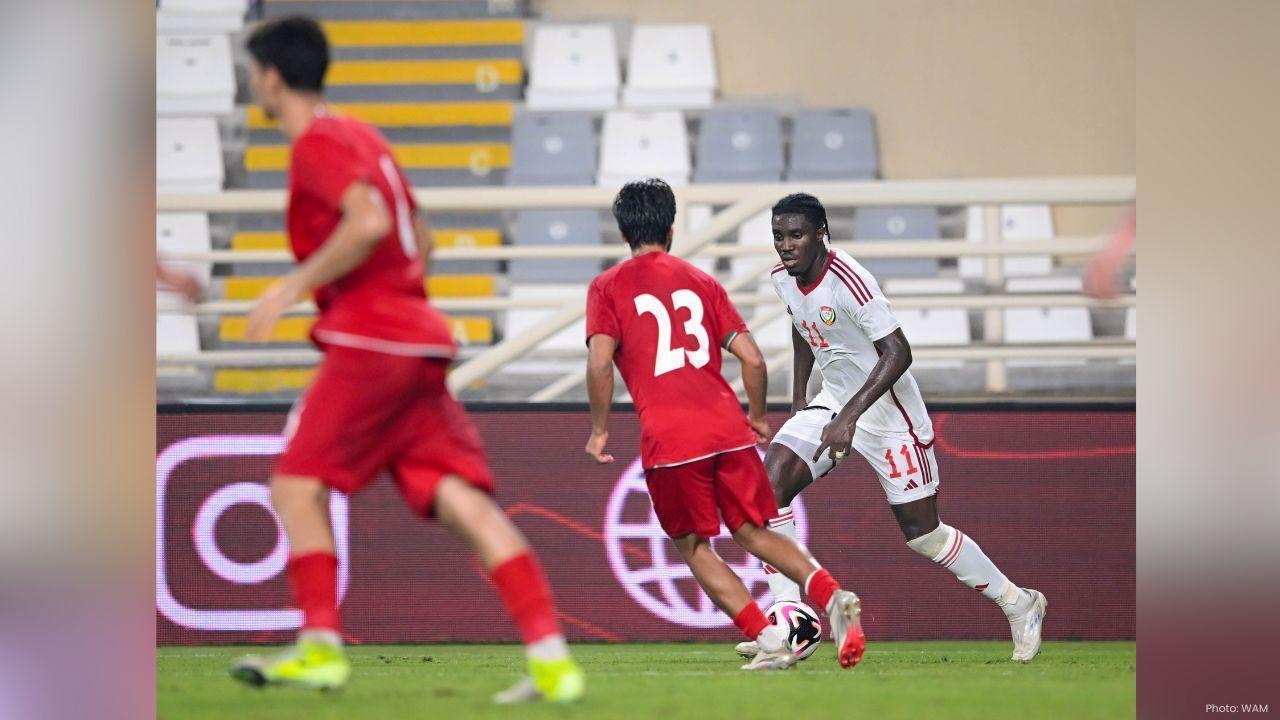
UAE Olympic Football Team Qualifies For AFC U-23 Asian Cup Finals
UAE Olympic football team qualifies for AFC U-23 Asian Cup finals in Saudi Arabia despite 3-2 loss t

Apple Launches iPhone Air With Thinnest Design & Pro Performance
Apple unveils the new iPhone Air, its thinnest model with pro performance, multiple colors, large st
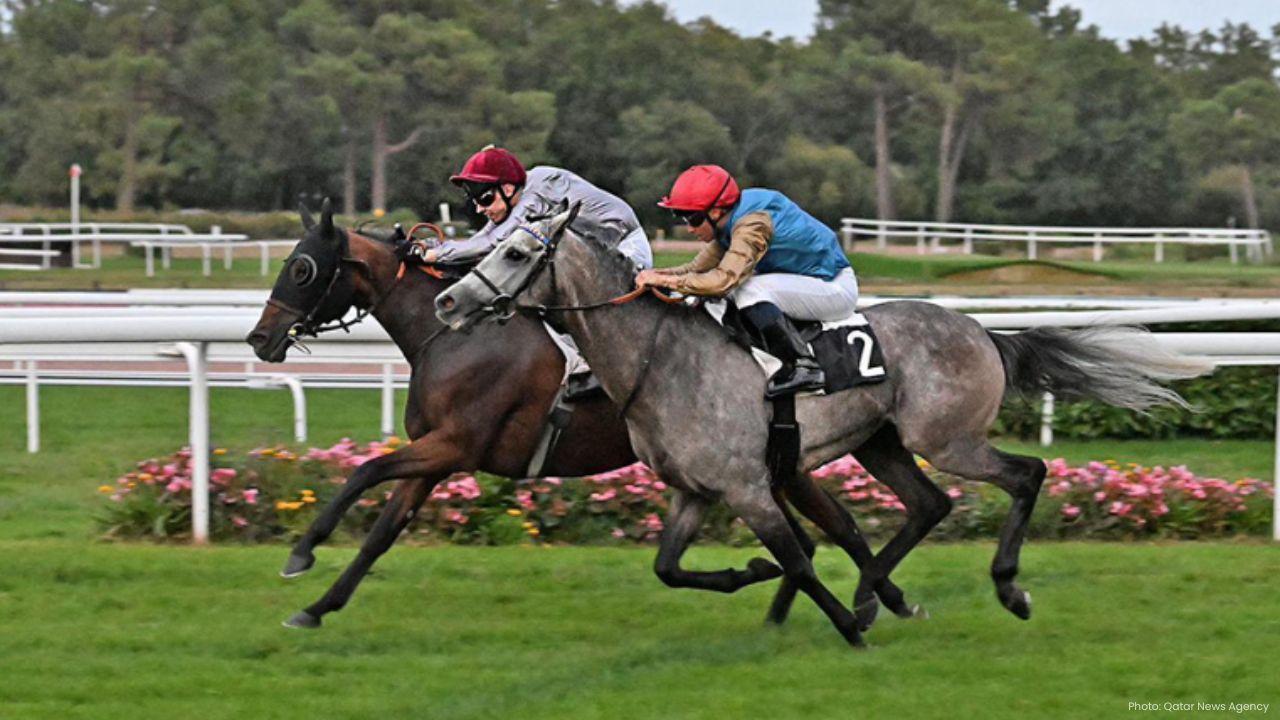
Al Wakrah Wins French Arabian Breeders’ Challenge Sprint Again
Al Wakrah, trained by Jean de Mieulle, wins French Arabian Breeders’ Challenge Sprint in France, mar